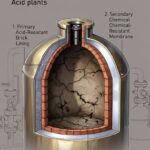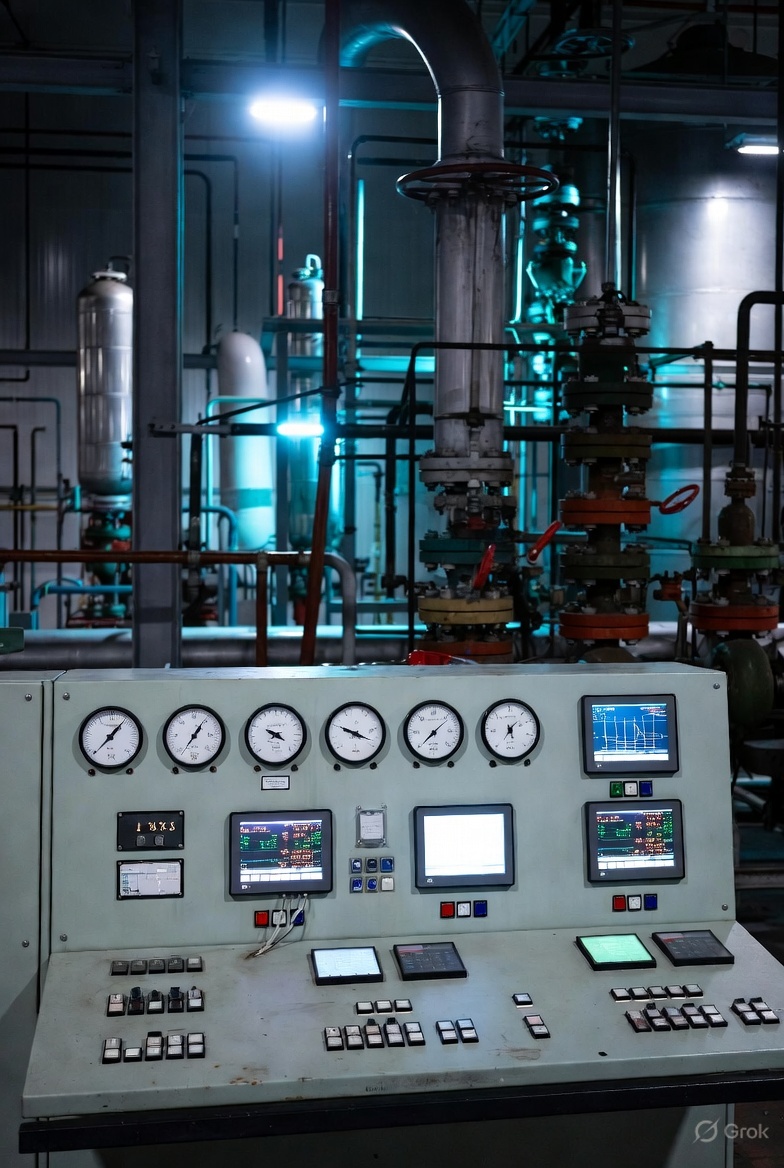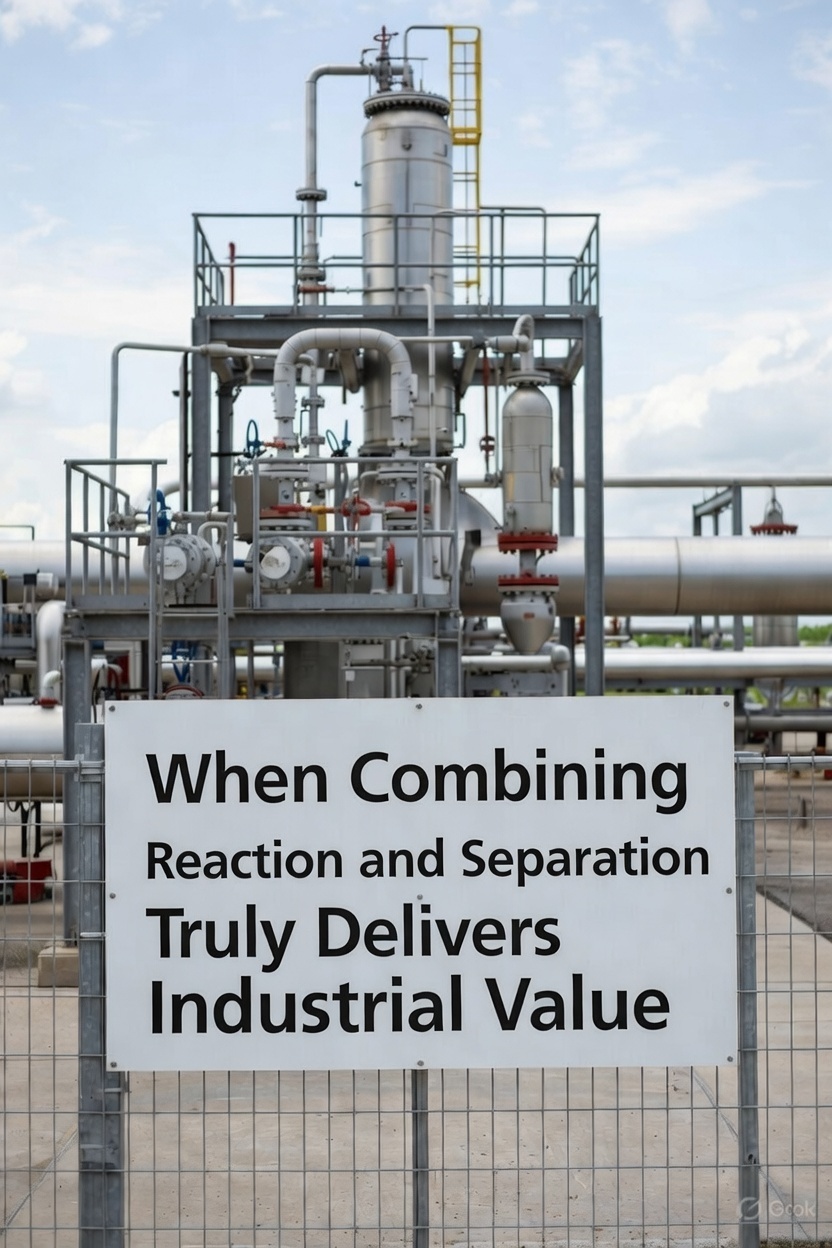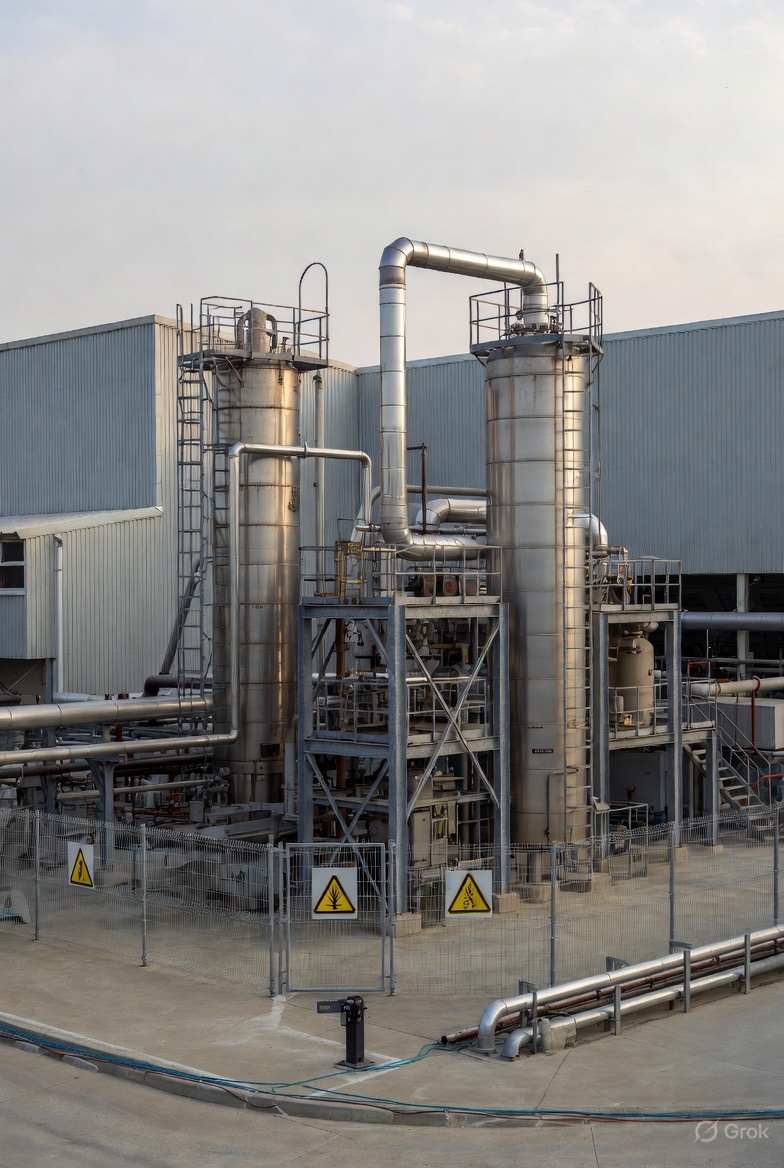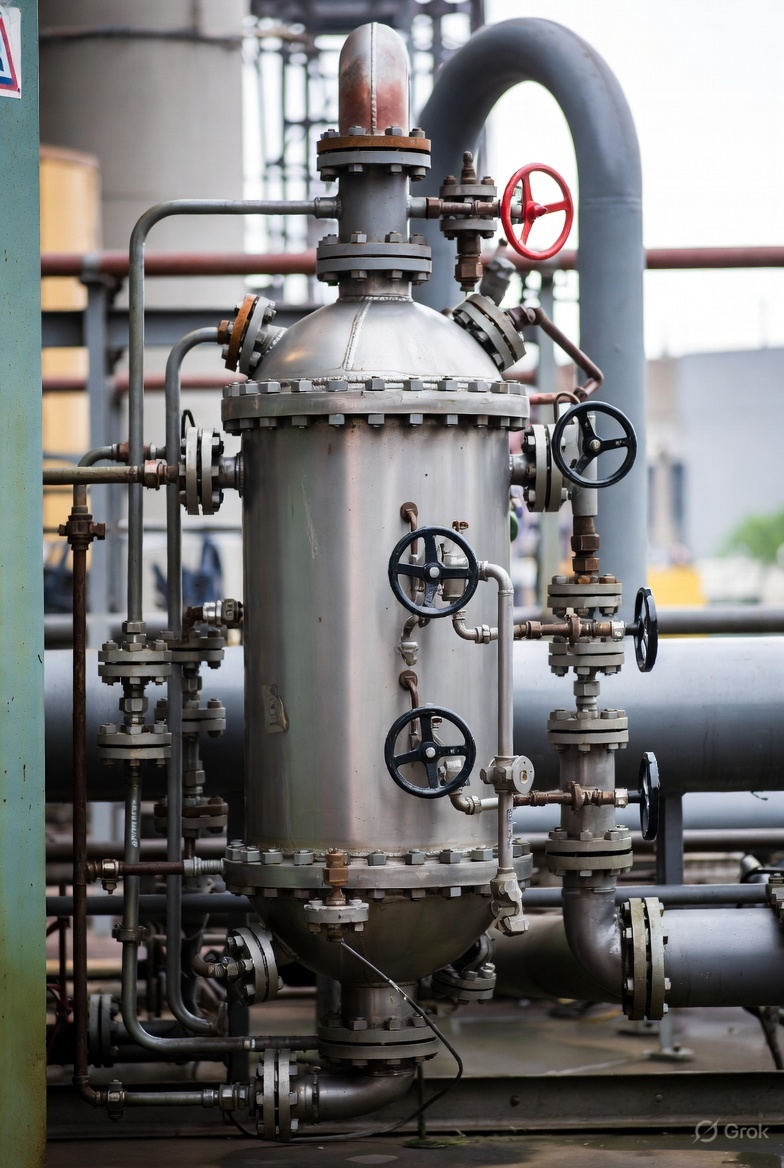Chemical engineering is a dynamic and multifaceted profession that bridges the gap between science and manufacturing. It plays a pivotal role in numerous industries, including pharmaceuticals, energy, food processing, and materials science. Chemical engineers design processes that convert raw materials into valuable products efficiently, safely, and sustainably. To excel in this demanding field, chemical engineers must possess a unique blend of technical expertise, problem-solving ability, and soft skills. This article explores the essential qualities a chemical engineer must possess to be effective in their job and contribute meaningfully to industry and society.
1. Strong Analytical and Problem-Solving Skills
One of the most critical traits for any engineer is the ability to analyze complex data and systems. For chemical engineers, this means understanding the behavior of chemical reactions, equipment performance, and process dynamics. Analytical skills allow engineers to interpret experimental data, run simulations, and make informed decisions that can affect safety, product quality, and efficiency.
Problem-solving is often at the heart of chemical engineering work. Whether it involves troubleshooting a process malfunction, reducing waste, or increasing yield, chemical engineers are constantly required to think critically and creatively. These skills enable them to develop practical solutions to real-world challenges, ensuring that operations run smoothly and cost-effectively.
2. Solid Foundation in Chemistry, Mathematics, and Physics
Chemical engineering, by its nature, is rooted in the core sciences—especially chemistry. Understanding chemical reactions, thermodynamics, and molecular interactions is essential for designing and optimizing industrial processes. Equally important is a strong grasp of mathematics and physics. Calculus, differential equations, and statistics form the mathematical foundation necessary for process modeling, while physics informs understanding of fluid dynamics, heat transfer, and mass transport.
Without this foundational knowledge, it would be impossible to comprehend the complex systems chemical engineers work with daily. As technologies evolve and processes become more intricate, the demand for deep technical expertise continues to grow.
3. Attention to Detail
In chemical engineering, even a minor error can have significant consequences. A miscalculation in a chemical mixture or a small oversight in equipment calibration can lead to dangerous situations, product defects, or massive financial losses. Therefore, a high level of attention to detail is non-negotiable.
Whether designing a new reactor or writing safety protocols, chemical engineers must meticulously check their work, verify data, and anticipate possible errors. This precision not only ensures safety but also maintains process efficiency and regulatory compliance.
4. Creativity and Innovation
While engineering is often associated with structured problem-solving, creativity is equally important. Chemical engineers frequently face unprecedented problems or novel product requirements. They must innovate to develop new materials, improve energy efficiency, or devise environmentally friendly processes.
Creative thinking enables engineers to explore unconventional approaches, adapt existing technologies to new applications, and remain competitive in a rapidly evolving industrial landscape. For example, the development of biodegradable plastics or alternative energy sources involves thinking beyond traditional chemical processes.
Innovation is also essential for sustainable development. As global concerns about climate change and resource scarcity grow, chemical engineers are being called upon to invent greener processes and contribute to a circular economy.
5. Communication and Teamwork Skills
Chemical engineering projects are rarely solo endeavors. Engineers must collaborate with professionals from various disciplines, including mechanical engineers, chemists, safety officers, and business managers. Effective communication is crucial to ensure that everyone on the team understands the goals, constraints, and roles involved.
Additionally, chemical engineers often need to convey technical information to non-technical stakeholders, such as clients, regulators, or executives. The ability to explain complex concepts clearly and concisely—both in writing and verbally—is a valuable skill.
Teamwork also plays a critical role in ensuring safety and quality. In high-stakes environments like chemical plants or pharmaceutical facilities, clear communication and collaboration can prevent accidents and ensure that best practices are followed.
6. Project Management Abilities
Beyond their technical work, chemical engineers often take on leadership and project management roles. They may oversee the design and construction of new facilities, manage budgets, or coordinate cross-functional teams. Strong organizational skills, time management, and strategic planning are essential to keep projects on track and within budget.
A competent chemical engineer must be able to balance competing priorities, manage resources efficiently, and adapt to shifting timelines or project scopes. Project management software and methodologies like Agile or Six Sigma are often part of the engineer’s toolkit.
Understanding business fundamentals, such as cost-benefit analysis, return on investment (ROI), and risk assessment, further enhances their ability to align engineering goals with company objectives.
7. Knowledge of Safety and Environmental Regulations
Safety is paramount in chemical engineering. Chemical processes often involve hazardous substances, high pressures, and extreme temperatures. Engineers must design systems that minimize risk and comply with stringent health, safety, and environmental (HSE) regulations.
Familiarity with regulatory frameworks such as OSHA (Occupational Safety and Health Administration), EPA (Environmental Protection Agency), or international standards like ISO and REACH (Registration, Evaluation, Authorisation and Restriction of Chemicals) is essential.
Additionally, chemical engineers are expected to incorporate sustainability into their work by minimizing emissions, reducing waste, and conserving energy. Designing closed-loop systems, selecting eco-friendly materials, and applying life cycle analysis (LCA) are all strategies used to achieve these goals.
8. Adaptability and Lifelong Learning
The field of chemical engineering is constantly evolving. Advances in nanotechnology, biotechnology, artificial intelligence, and renewable energy are transforming the way chemical engineers approach their work. As such, staying up-to-date with the latest research, tools, and technologies is crucial.
Adaptability enables engineers to respond effectively to changing regulations, market demands, or technological shifts. A commitment to lifelong learning—through professional development, certifications, or advanced degrees—can enhance an engineer’s career prospects and keep them at the forefront of innovation.
Moreover, modern chemical engineers are increasingly required to learn and apply digital tools such as process simulation software (e.g., Aspen Plus, HYSYS), data analytics, and computer programming to optimize processes and enhance decision-making.
Conclusion
Success in chemical engineering demands more than just academic excellence. It requires a well-rounded combination of analytical thinking, technical expertise, creativity, and strong interpersonal skills. Attention to detail ensures safety and efficiency, while adaptability allows for continuous growth in a changing industrial landscape. From managing projects and collaborating with teams to innovating sustainable solutions, chemical engineers must be versatile professionals prepared to tackle the challenges of the 21st century.
The role of a chemical engineer continues to expand, integrating elements of environmental stewardship, economic efficiency, and technological advancement. As industries become more complex and interconnected, the demand for chemical engineers with these key qualities will only grow.
By fostering these attributes, aspiring engineers can prepare themselves for rewarding careers that not only drive industrial progress but also contribute to a more sustainable and equitable world. Whether they’re developing cleaner energy, safer pharmaceuticals, or more efficient food systems, chemical engineers will remain at the heart of innovation and problem-solving in our modern society.





